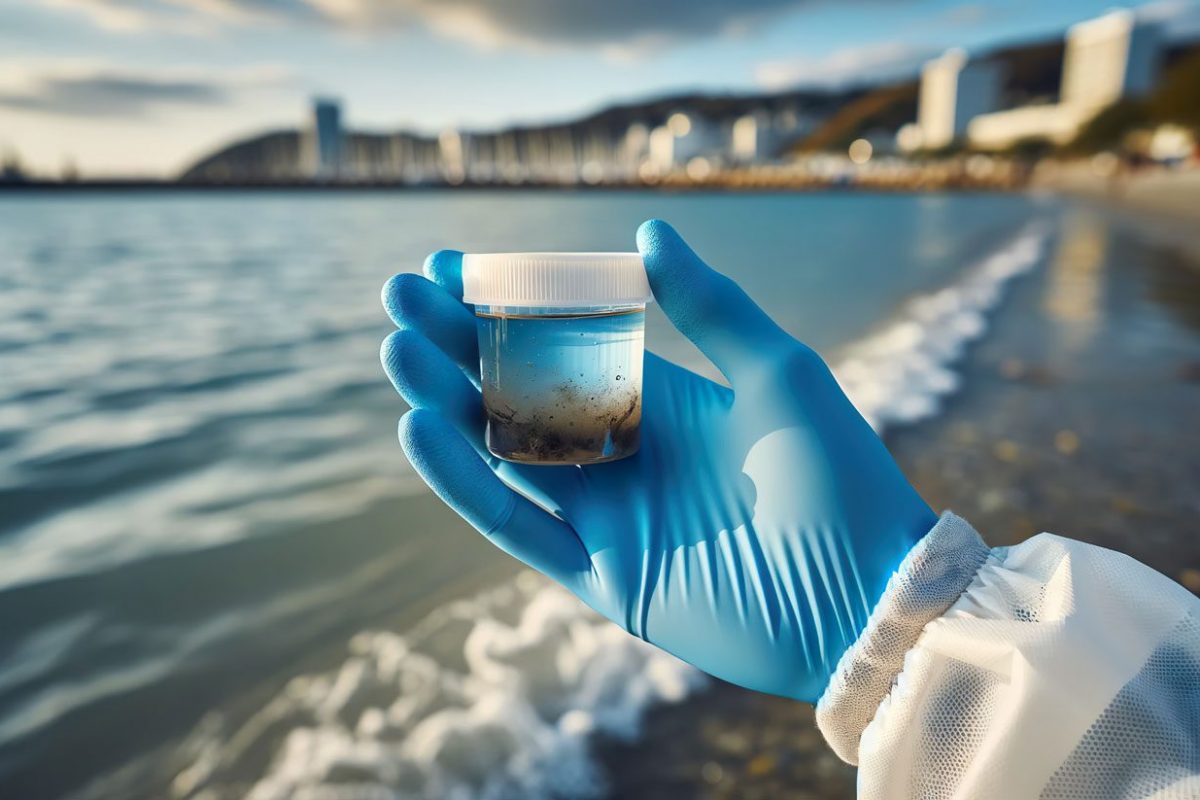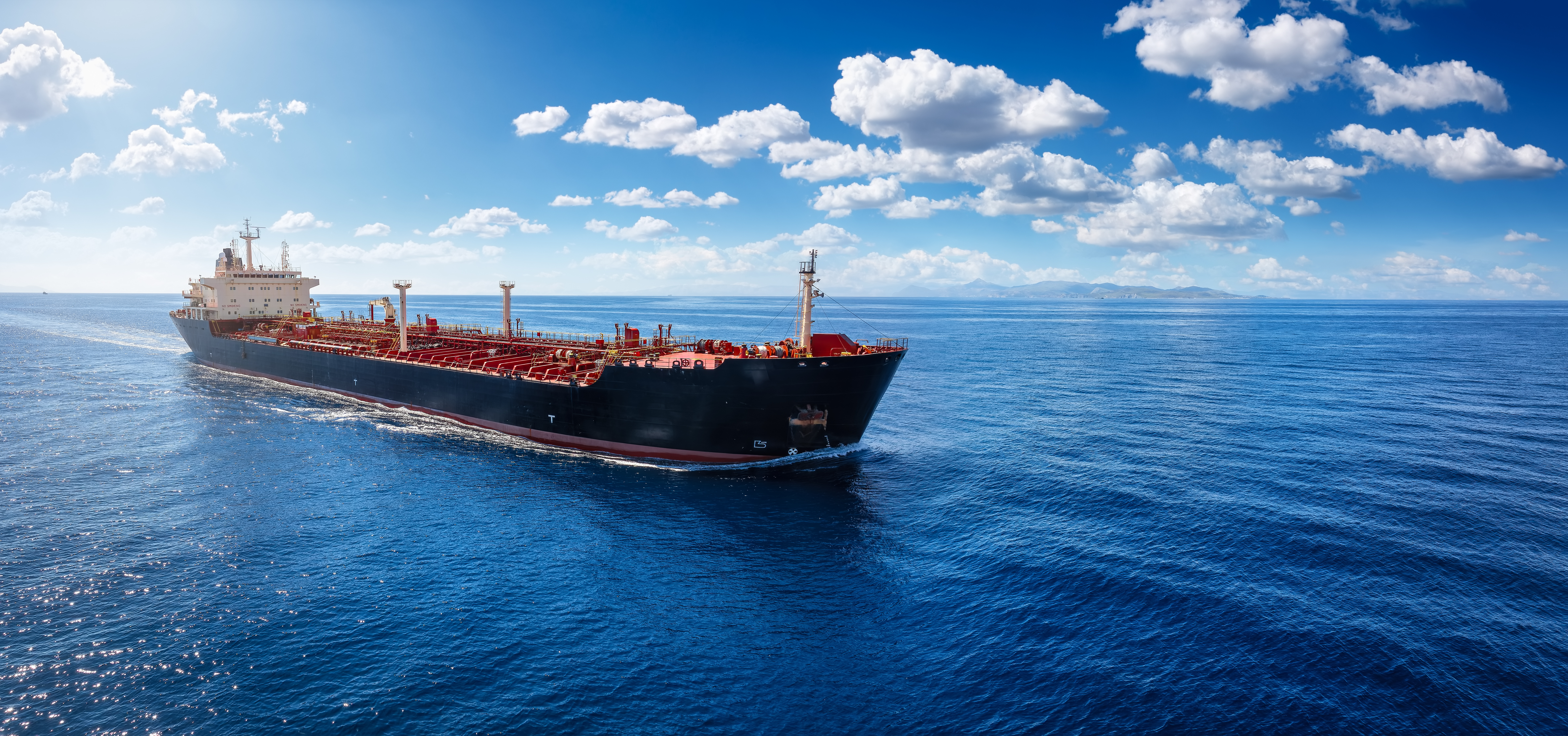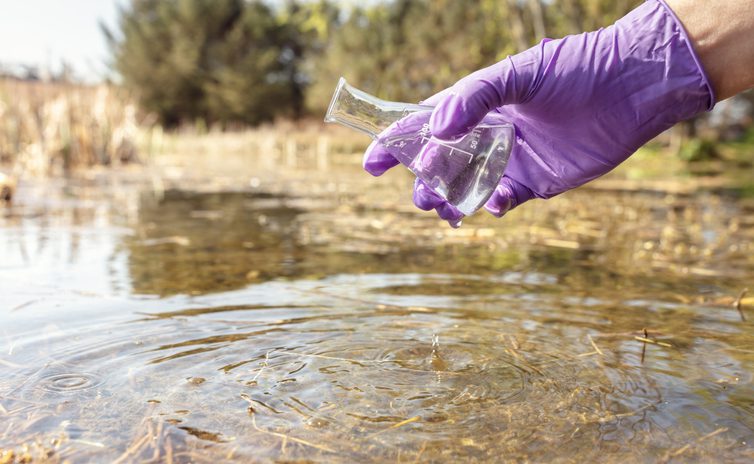As the maritime industry continues to expand, the environmental impact of wastewater generated by naval, maritime, and marine activities has become a critical concern. With millions of vessels operating worldwide — from fishing boats and cargo ships to luxury yachts — effective management of wastewater is essential to protect marine ecosystems and ensure compliance with regulatory standards. This article explores the significance of marine wastewater analysis in safeguarding our oceans, the challenges faced by the industry, and the technologies available for monitoring and treating wastewater.
Understanding Marine Wastewater
- Marine wastewater refers to the effluent generated by various vessels, including naval ships, commercial vessels, and recreational boats. This wastewater can originate from several sources, including:
- Sewage: Human waste and wastewater generated from onboard restrooms.
- Greywater: Wastewater from sinks, showers, and galley operations that may contain soap, detergents, and food particles.
- Bilge water: Accumulated water from the lowest part of the ship’s hull, which may contain oil, chemicals, and other hazardous substances.
- Ballast water: Water taken on board to stabilize the ship, which can introduce invasive species and pathogens into new environments.
- Cargo residues: Remnants from the transportation of goods, which can include chemicals, fuels, and other contaminants.
The discharge of untreated or inadequately treated wastewater can lead to significant environmental degradation, including water pollution, harm to marine life, and disruption of local ecosystems.
The Need for Marine Wastewater Analysis
Environmental Protection
The primary reason for conducting marine wastewater analysis is to protect the marine environment. Contaminated wastewater can introduce harmful pollutants into the ocean, resulting in adverse effects on marine biodiversity. For instance, excess nutrients from sewage can lead to algal blooms, which deplete oxygen levels in the water, creating dead zones where marine life cannot survive. Regular monitoring and analysis can help identify and mitigate these risks, ensuring that wastewater discharges meet environmental standards.
Regulatory Compliance
Governments and international organizations have established strict regulations to manage wastewater discharges from vessels. The International Maritime Organization (IMO) has set guidelines under the MARPOL Convention to minimize pollution from ships, including Annex IV, which deals with sewage. Failure to comply with these regulations can result in hefty fines, legal repercussions, and damage to a company’s reputation. Marine wastewater analysis is crucial for ensuring compliance and avoiding penalties.
Health and Safety
Marine wastewater can contain pathogens and harmful chemicals that pose health risks to humans and marine organisms. For instance, untreated sewage can carry viruses and bacteria that cause waterborne diseases. By conducting regular wastewater analysis, vessel operators can detect harmful substances and ensure that discharges do not compromise the health of crew members, passengers, and coastal communities.
Operational Efficiency
Efficient wastewater management can lead to cost savings for vessel operators. By understanding the composition of their wastewater, operators can implement targeted treatment solutions that reduce the volume and toxicity of waste generated. This not only minimizes environmental impact but also decreases the costs associated with waste disposal and treatment. Regular marine wastewater analysis helps identify inefficiencies in wastewater systems, allowing operators to optimize their processes.
The Challenges of Marine Wastewater Management
While the importance of marine wastewater analysis is clear, the industry faces several challenges in managing wastewater effectively:
Varied Regulations
Different countries and regions have varying regulations regarding wastewater management, which can create confusion for vessel operators, especially those that operate in international waters. This inconsistency can lead to non-compliance and environmental harm if operators are not aware of the specific requirements for each jurisdiction.
Complexity of Waste Composition
The composition of marine wastewater can vary significantly depending on the type of vessel, the activities conducted onboard, and the length of time at sea. This variability can make it challenging to design effective treatment systems and conduct thorough analyses. Vessels must adapt their wastewater management practices to account for these differences.
Technological Limitations
While advancements in wastewater treatment technology have been made, many vessels still rely on outdated systems that may not adequately treat wastewater before discharge. Additionally, some vessels may lack the infrastructure necessary to conduct comprehensive marine wastewater analysis onboard, requiring samples to be sent to shore-based laboratories for testing.
Public Awareness and Engagement
There is often a lack of public awareness regarding the impact of maritime wastewater on marine ecosystems. Increased education and outreach are essential to foster greater understanding and engagement among stakeholders, including vessel operators, regulatory agencies, and the general public. Awareness campaigns can help drive demand for better wastewater management practices and technologies.
Technologies for Marine Wastewater Analysis
Advancements in technology have paved the way for more effective marine wastewater analysis and treatment solutions. Some of the key technologies include:
Onboard Treatment Systems
Modern vessels are increasingly equipped with onboard wastewater treatment systems that can treat sewage and greywater before discharge. These systems utilize various treatment methods, including biological processes, filtration, and disinfection, to reduce the environmental impact of wastewater. Regular analysis of the effluent produced by these systems ensures that they meet regulatory standards.
Remote Monitoring Technologies
Remote monitoring technologies allow vessel operators to continuously assess wastewater quality in real-time. Sensors can measure parameters such as turbidity, pH, dissolved oxygen, and nutrient levels, providing instant feedback on wastewater conditions. This data can help operators make informed decisions about treatment processes and ensure compliance with discharge regulations.
Laboratory Analysis
Laboratory-based marine wastewater analysis is essential for thorough testing of samples taken from vessels. Accredited laboratories, such as Precision Analytical Laboratories, can perform a wide range of analyses, including tests for heavy metals, nutrients, pathogens, and chemical contaminants. These analyses provide valuable information about the composition of wastewater and inform treatment strategies.
Biological Indicators
The use of biological indicators, such as specific microorganisms or algae, can help assess the health of marine ecosystems affected by wastewater discharges. By monitoring the presence and abundance of these indicators, researchers can gauge the ecological impact of wastewater and make recommendations for improving management practices.
The Role of Stakeholders in Marine Wastewater Management
Effective management of marine wastewater requires collaboration among various stakeholders, including:
Vessel Operators
Vessel operators play a crucial role in managing wastewater by implementing best practices for wastewater treatment and conducting regular analyses. By investing in modern treatment systems and training crew members on proper wastewater management, operators can significantly reduce their environmental footprint.
Regulatory Agencies
Regulatory agencies are responsible for establishing and enforcing wastewater management regulations. By providing clear guidelines and support for vessel operators, they can help ensure compliance and protect marine ecosystems. Regular inspections and monitoring programs are also essential for assessing compliance and addressing violations.
Research Institutions
Research institutions can contribute valuable insights into the impacts of marine wastewater and the effectiveness of treatment technologies. By conducting studies and sharing findings with stakeholders, they can inform best practices and drive innovation in wastewater management.
Environmental Organizations
Environmental organizations play a vital role in advocating for stronger regulations and public awareness regarding marine wastewater issues. By engaging with stakeholders and raising awareness about the impacts of wastewater on marine ecosystems, they can drive demand for better management practices and technologies.
The importance of marine wastewater analysis cannot be overstated. As the maritime industry continues to grow, the need for effective wastewater management becomes increasingly critical to protecting our oceans and the ecosystems they support. Through regular analysis, vessel operators can ensure compliance with regulations, safeguard human health, and minimize environmental impact. By embracing modern technologies and fostering collaboration among stakeholders, the maritime industry can address the challenges of wastewater management and work towards a more sustainable future for our oceans.
At Precision Analytical Labs, we specialize in marine wastewater analysis, providing comprehensive testing and assessment services to ensure the safety and compliance of wastewater generated by vessels. Our experienced team utilizes cutting-edge technology and rigorous methodologies to detect a wide range of contaminants, helping marine operators meet environmental regulations and protect marine ecosystems. With a commitment to quality and accuracy, we empower our clients with the data they need to implement effective wastewater management strategies, promoting a healthier ocean environment for future generations. Trust Precision Analytical Labs for reliable and thorough marine wastewater analysis that prioritizes environmental protection and regulatory compliance.










